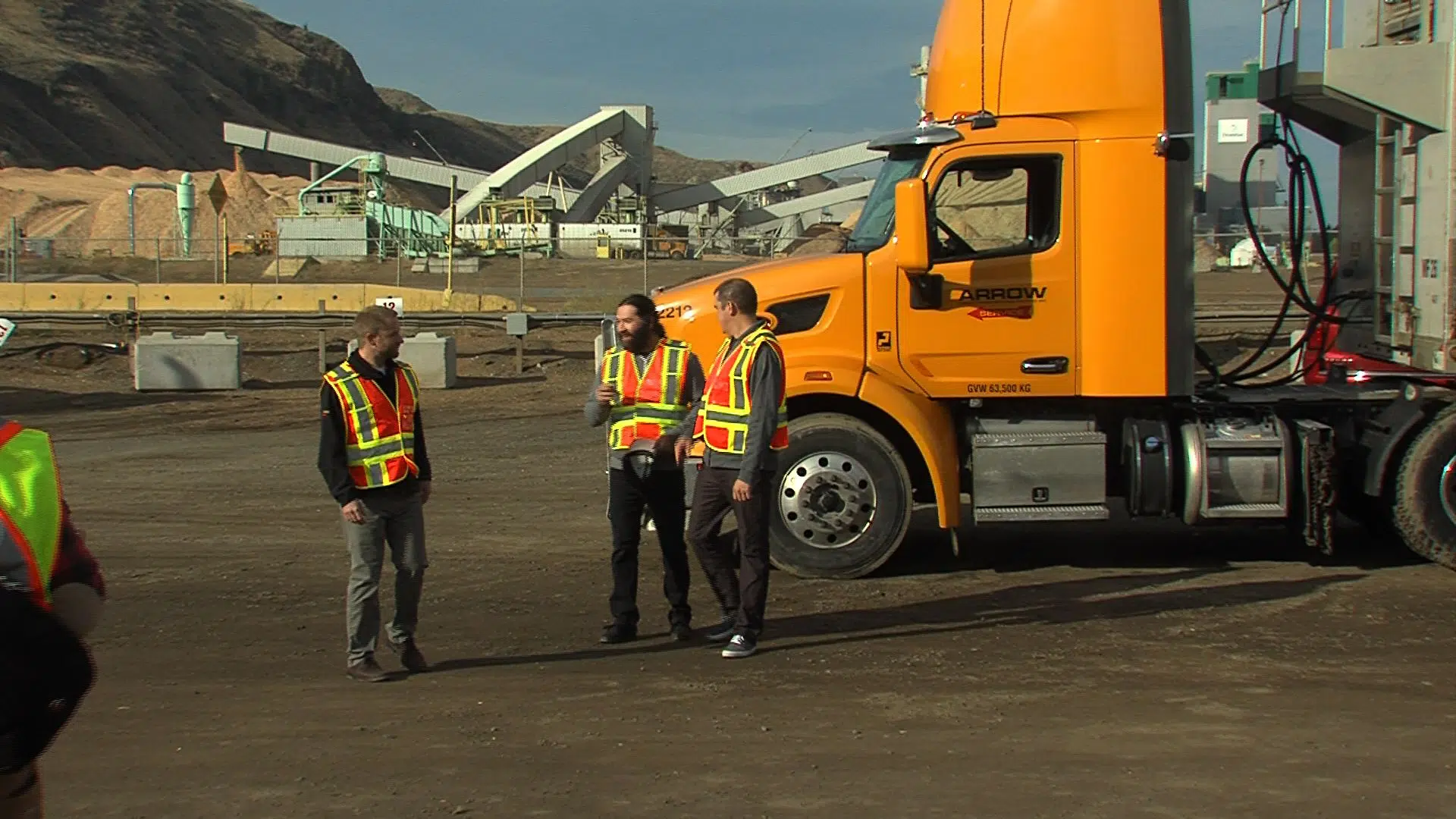
Kamloops transport company tapping into Indigenous labour market
KAMLOOPS — In a recent report The Centre for the Study of Living Standards outlined the fact that Indigenous people in Canada are underemployed, but the potential impact those Indigenous Canadians could have in emerging job markets could be quite significant. Here in Kamloops, Arrow Transport is one company who has identified a need in their labour force and has partnered with the local indigenous community to fill that need.
James Manuel is about to embark on a new career opportunity. Manuel is currently training for his Class 1 drivers test. Once he passes that, he’ll start further training with Arrow Transportation Systems, as the first person to enter the Driver Training Partnership Program Arrow offers to Indigenous driver trainees.
“I just think it’s a great opportunity to work in my traditional territory, and… be that first person to go through and be that flagship person [in the program],” Manuel told CFJC Today.


